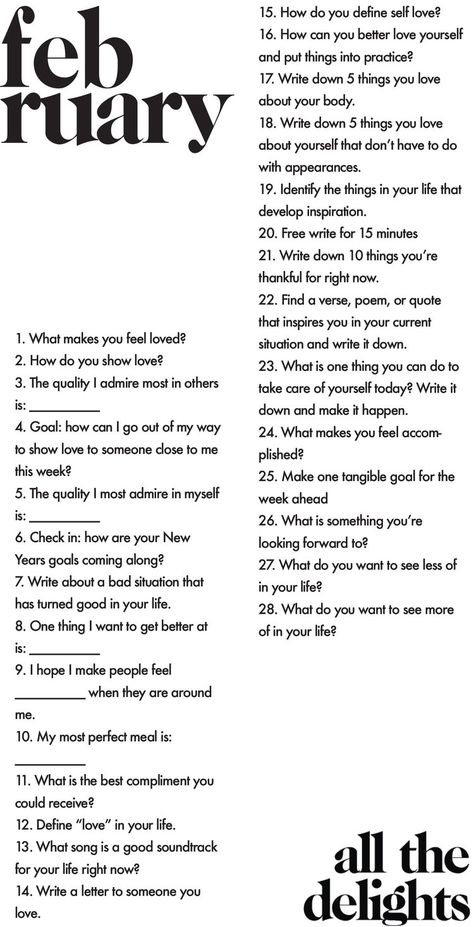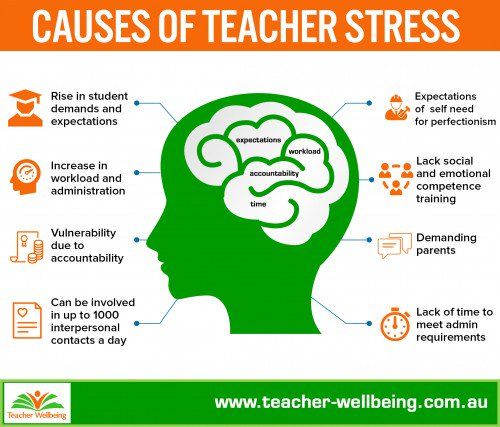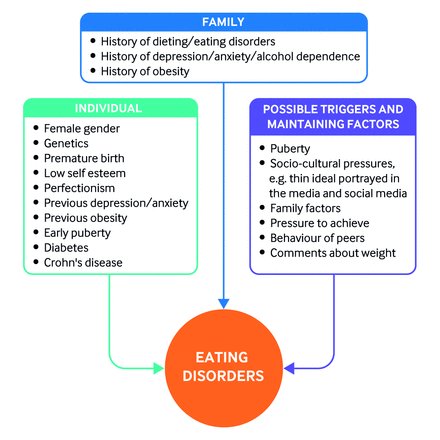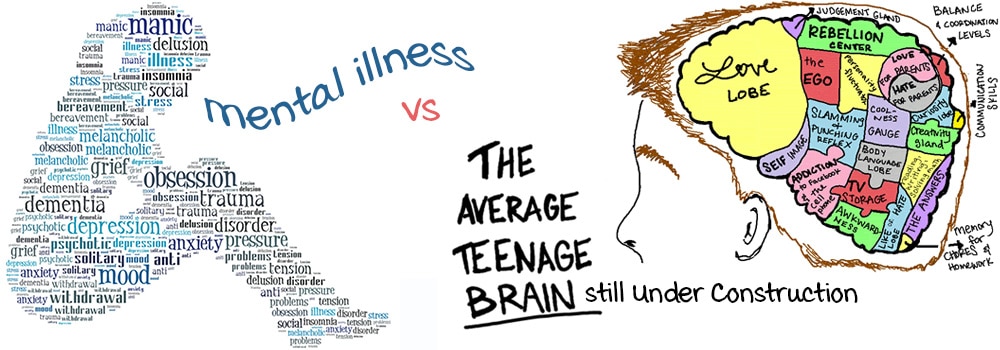Love yourself definition
What It Really Means to Love Yourself
Source: Flickr image by Joe Bart
We know it’s important to love ourselves. But what does it really mean to love and care for yourself?
For some people, self-love means taking a warm bath or pampering themselves with a massage or manicure. Yet, the elusive self-love that we seek requires something deeper than anything we can "do" for ourselves.
Self-love means finding peace within ourselves — resting comfortably within the depths of our being. We might find temporary respite by doing something to nurture ourselves. But a deeper inner peace requires cultivating a certain way of being with ourselves — a warm and nurturing attitude toward what we experience inside.
The suggestions that follow are derived from Focusing, developed by Dr. Eugene Gendlin. Sometimes called the Focusing Attitude, this is simply a way of being nonjudgmentally kind, present, and mindful toward whatever we happen to be experiencing.
Gendlin has stated, “The client’s attitudes and responses to the felt sense need to be those of a client-centered therapist. ” We need to have empathy and unconditional positive regard for whatever we are experiencing inside.
Being Gentle with Ourselves
It’s often easier to be kind and gentle toward others than toward ourselves. Judgmental voices from the past may have left a hidden residue of toxic shame, which blocks us from honoring or even noticing what we’re really feeling.
Being gentle with ourselves means being kind and friendly toward the feelings that arise within us. It is very human to feel sad, hurt, and afraid sometimes. It’s a sign of strength, not weakness, to become mindful of these feelings and allow a friendly space for them.
When clients notice difficult feelings, I may ask, “Is it okay to be with that feeling right now? Can you be with it in a gentle, caring way?” I might also help them find some distance from painful feelings so that they are not so overwhelming.
An attitude of gentleness toward our feelings is one way to have more spaciousness around them. We can “be with” our emotions rather than be overwhelmed by them.
We can “be with” our emotions rather than be overwhelmed by them.
Psychotherapist Laury Rappaport offers some gentle inquiries into our feelings in her book, Focusing-Oriented Art Therapy:
Can you be friendly with that (felt sense)?
Can you say hello to that (felt sense) inside?
Imagine sitting down next to it. Can you keep it company much the way you would keep a vulnerable child company?
This gentle way of being with ourselves is an antidote to shame. Rather than battling ourselves or trying to fix or change ourselves. we find more inner peace by simply being with our experience as it unfolds.
Allowing Our Experience to Be as It Is
When I invite clients to notice their feelings, they sometimes reply, “Why would I want to feel that?” I explain that when we push feelings away, they often come roaring back. Or they get acted out in ways that are destructive to ourselves or others, such as by drinking alcohol or through other ways of numbing ourselves or transferring our pain to others through raging or blaming.
Loving ourselves means experiencing our feelings just as they are. Oftentimes, we try to push away unpleasant experiences and cling to pleasant ones. But as Buddhist psychology suggests, we create more suffering for ourselves by clinging to pleasant things and having an aversion toward painful feelings.
A subtle sense of fear and shame may prevent us from allowing our experience to have its life inside us. For example, if we feel (or show) sadness, hurt, or anxiety, we might think we’re weak. Or perhaps we were given messages that it's not okay to feel; we’re afraid that others might judge us.
Embracing the Wisdom of Not-Knowing
If we're honest with ourselves, we might notice that we’re often not clear about what we’re feeling. Our feelings are often vague and fuzzy. If we can allow ourselves to pause and make room for ambiguity and patiently welcome and explore our blurry, vague feelings, they may gradually come into clearer focus (thus the term “Focusing”).
For example, we might notice anger toward a partner, but something deeper might lurk beneath. We’re aware of the tip of the iceberg, but to see what lies beneath, we need to look more closely.
Our society values knowledge and decisiveness. But often we’re unclear about what we’re really experiencing. Politicians who don’t mouth strong opinions about everything often are seen as wishy-washy. It actually takes strength and wisdom to say, “I’m not sure about that. Let me think about it.”
Human feelings are gifts to be welcomed. But we need to find a way to be with them so that they become allies, not enemies. Emotions such as grief allow us to release pain so that we might move forward in our lives. Other feelings may be more fuzzy, such as a clutching in the stomach or tightness around the chest. As we bring an attitude of gentleness toward it, we might begin to have a sense of how it relates to something important — perhaps how we’re not honoring ourselves or being afraid of looking foolish.
Feelings often contain wise messages, if we can only decipher what they’re trying to tell us in the best way they know how. If we can cultivate a warm and friendly attitude toward our feelings, they’re more likely to become friendly allies on our life journey. New meanings, insights, and openings arise and our lives move forward in a more fulfilling way.
© John Amodeo
Flickr image by joebart
Self-Love and What It Means
What is self-love?
Before a person is able to practice it, first we need to understand what it means.
Self-love is a state of appreciation for oneself that grows from actions that support our physical, psychological and spiritual growth. Self-love means having a high regard for your own well-being and happiness. Self-love means taking care of your own needs and not sacrificing your well-being to please others. Self-love means not settling for less than you deserve.
Self-love can mean something different for each person because we all have many different ways to take care of ourselves. Figuring out what self-love looks like for you as an individual is an important part of your mental health.
Figuring out what self-love looks like for you as an individual is an important part of your mental health.
What does self-love mean to you?
For starters, it can mean:
- Talking to and about yourself with love
- Prioritizing yourself
- Giving yourself a break from self-judgement
- Trusting yourself
- Being true to yourself
- Being nice to yourself
- Setting healthy boundaries
- Forgiving yourself when you aren’t being true or nice to yourself
For many people, self-love is another way to say self-care. To practice self-care, we often need to go back to the basics and
- Listen to our bodies
- Take breaks from work and move/stretch.
- Put the phone down and connect to yourself or others, or do something creative.
- Eating healthily, but sometimes indulge in your favorite foods.
Self-love means accepting yourself as you are in this very moment for everything that you are. It means accepting your emotions for what they are and putting your physical, emotional and mental well-being first.
It means accepting your emotions for what they are and putting your physical, emotional and mental well-being first.
How and Why to Practice Self Love
So now we know that self-love motivates you to make healthy choices in life. When you hold yourself in high esteem, you're more likely to choose things that nurture your well-being and serve you well. These things may be in the form of eating healthy, exercising or having healthy relationships.
Ways to practice self-love include:
- Becoming mindful. People who have more self-love tend to know what they think, feel, and want.
- Taking actions based on need rather than want. By staying focused on what you need, you turn away from automatic behavior patterns that get you into trouble, keep you stuck in the past, and lessen self-love.
- Practicing good self-care. You will love yourself more when you take better care of your basic needs.
 People high in self-love nourish themselves daily through healthy activities, like sound nutrition, exercise, proper sleep, intimacy and healthy social interactions.
People high in self-love nourish themselves daily through healthy activities, like sound nutrition, exercise, proper sleep, intimacy and healthy social interactions. - Making room for healthy habits. Start truly caring for yourself by mirroring that in what you eat, how you exercise, and what you spend time doing. Do stuff, not to “get it done” or because you “have to,” but because you care about you.
Finally, to practice self-love, start by being kind, patient, gentle and compassionate to yourself, the way you would with someone else that you care about.
- Written by Jeffrey Borenstein, M.D., President & CEO of the Brain & Behavior Research Foundation. This blog post also appears on the Gravity Blankets Blog.
Find more articles containing tips and advice by clicking here.
Loving yourself: what does it mean
We all heard how important it is to love yourself, but what does it really mean? We eat because we know we need nourishment—it's instinct. With self-love, everything is much more complicated. Sadly, many are desperately fighting for success, recognition and happiness, but they do not understand that everything begins with self-love.
With self-love, everything is much more complicated. Sadly, many are desperately fighting for success, recognition and happiness, but they do not understand that everything begins with self-love.
We cannot truly love someone until we learn to love ourselves unconditionally. It's simple: you can't give someone else what you don't have yourself. The perception of such love is laid down in childhood and is most often formed unconsciously: we learn it by observing those who educate us.
Loving yourself is more than wearing fancy clothes and expensive cosmetics. This is a broad concept, which combines many meanings, material and spiritual. There are many well-groomed and beautifully dressed people in the world who have no idea what true self-love means. There is no selfishness in it - only a manifestation of kindness to others, because the one who loves himself does not shift his problems onto others.
Such love is made up of four aspects: self-awareness, self-esteem, self-respect and self-care. If at least one falls out, it means that we do not love ourselves very much. The path to this love lies through opposition to the inner "demons". This is not easy: not everyone dares to have a frank conversation with themselves. Dependence on others and habits forces us to compromise - to exchange an unconditional feeling for short-term pleasures. That is why it is so difficult to love ourselves: we have to get rid of certain tendencies and even people.
If at least one falls out, it means that we do not love ourselves very much. The path to this love lies through opposition to the inner "demons". This is not easy: not everyone dares to have a frank conversation with themselves. Dependence on others and habits forces us to compromise - to exchange an unconditional feeling for short-term pleasures. That is why it is so difficult to love ourselves: we have to get rid of certain tendencies and even people.
Let's take a closer look at the four components of self-love.
Self-awareness
It's about the ability to control the psyche: to be aware of how thoughts affect emotions and how emotions affect actions. Can you identify what thoughts trigger anger and make you act impulsively? Where did they come from and how are they explained? Why did you do this and not otherwise? The same goes for joyful feelings. Why are you having fun? This means looking at yourself from the outside in order to understand your condition.
Self-awareness is the key to emotional intelligence. Determining the cause of your anger doesn't mean you stop being angry, but it can help you respond smarter or not respond at all. People with high emotional intelligence have the same emotions as everyone else, but they know how to manage them. Including avoiding situations that cause unwanted feelings and reactions. When it is not possible to smooth out the conflict or avoid it at all, self-awareness allows you to redirect negative energy in a constructive direction. One way to develop self-awareness is to keep a diary of thoughts, emotions, and actions.
Determining the cause of your anger doesn't mean you stop being angry, but it can help you respond smarter or not respond at all. People with high emotional intelligence have the same emotions as everyone else, but they know how to manage them. Including avoiding situations that cause unwanted feelings and reactions. When it is not possible to smooth out the conflict or avoid it at all, self-awareness allows you to redirect negative energy in a constructive direction. One way to develop self-awareness is to keep a diary of thoughts, emotions, and actions.
Self-Esteem
Since the world is constantly experiencing misfortune, we involuntarily focus on bad news and transfer all the negativity onto ourselves, unwittingly. We are born with unlimited potential that lasts a lifetime. Everyone has it, only some use it, while others do not notice it. Self-esteem is our attitude towards ourselves, and very often it is far from the best. The reason for this is the past bad experience that we lived, but failed to let go.
Adequate self-esteem lies in the ability to see your best sides (because there is good in everyone). If you're trying to regain your self-esteem, take an hour to remember all the times you've been successful and the people who thanked you. What if you think you're worthless just because you don't know your worth? Self-esteem has no criteria: you don’t need to achieve something in order to appreciate yourself. You are you. Your virtues, talents, good deeds - all these are confirmations of your worth.
Self-respect
High self-esteem is the awareness of one's worth, regardless of achievements and outstanding qualities, but self-respect is tied to them. The exercise mentioned above raises self-esteem, but it also works to build self-esteem. When the first rises, the second rises after it.
Self-esteem depends on three factors: how much we were loved as children, what our peers have achieved, and what we ourselves have achieved in comparison with our parents. This also means living at peace with ourselves and being content with who we are, where we are and what we own. If you want to respect yourself, increase your self-esteem. Remind yourself every day that you don't have to answer to anyone for how you live.
This also means living at peace with ourselves and being content with who we are, where we are and what we own. If you want to respect yourself, increase your self-esteem. Remind yourself every day that you don't have to answer to anyone for how you live.
Self-care
This aspect is more related to the body, although not only to it. Self-care includes everything we do for our health: take a bath, eat a balanced diet, drink enough water, rest and pamper ourselves. It has other forms too: the music we listen to, the movies and programs we watch, the people we interact with. Taking care of yourself is pretty easy. Start with this and you will gradually learn to love yourself.
Ask yourself as often as possible: “What would someone who loves himself do?” Ask this question whenever you need to make a decision, whether simple or complex. This simple exercise comes with one hint and one warning.
Hint: trust your instincts, your "I" knows what it needs.
Warning: You may not like what your instincts say, and that's okay. But still go on. Good luck!
The real meaning of the phrase "Love yourself", which will teach us how to do it right
I have always been good at loving others. But when it came to loving myself, I felt discouraged.
One day I realized that I was giving love to others so selflessly because I needed it myself. And once again she deceived her expectations that love should return a hundredfold.
It dawned on me that if I could give myself the love I so desperately lacked, I wouldn't have to put pressure on people to love me more than they can.
We must love ourselves for our own comfort, happiness, and benefit.
A few statements of people who love themselves.
We don't need anyone's judgment.
When you love yourself, you know who you are. It doesn’t matter to you what people think about the correctness of your choice, about how you look, what you do and what emotions you experience.
You perceive the opinions of others only as an additional source of inspiration. It won't hurt you anymore.
You become a single system that does not need either censure or admiration from others.
We have our own boundaries
Why should we set clear boundaries with others? First of all, because the blurring of our borders allows people to use us and take us for granted.
Loving yourself means learning to say "no" when you feel you don't like it.
This is not rudeness or selfishness, we do this only because we put our psychological state in the first place.
We take care of ourselves
Physically and emotionally. Do not take actions that can harm your health or spoil your mood.
Don't deal with work, relationships and situations that devalue you as a person. In other words, avoid life's dramas.
Understand what can make you suffer and avoid it.
You are you. And you're fine
One of the most important items. Nobody is perfect, and that doesn't bring chaos to the world.
To love yourself is to accept all your feelings as they are. If you're upset, allow yourself to be sad. If you're happy, have fun.
Watch your feelings and let them be.
We spend time alone
Self-love is the ability to take time for yourself. You are not bored alone with a cup of coffee, watch a movie or go to a workout.
When you are alone, you better understand your desires, feelings and possibilities. Give yourself some space. Be alone.
We never stop loving ourselves
Self-love is an endless journey with no destination. Keep a diary of your accomplishments and review your thoughts and lessons learned.
We love others
Understanding the importance of love, we learn to love people.














